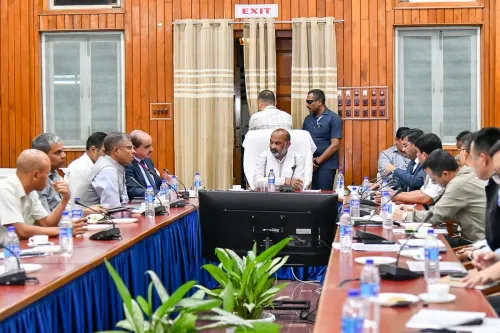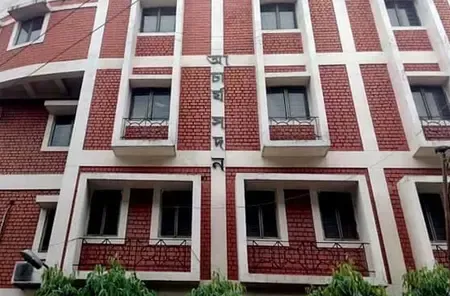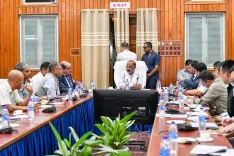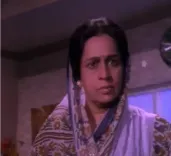How Can India Strengthen Its Cooperation with the League of Arab States?
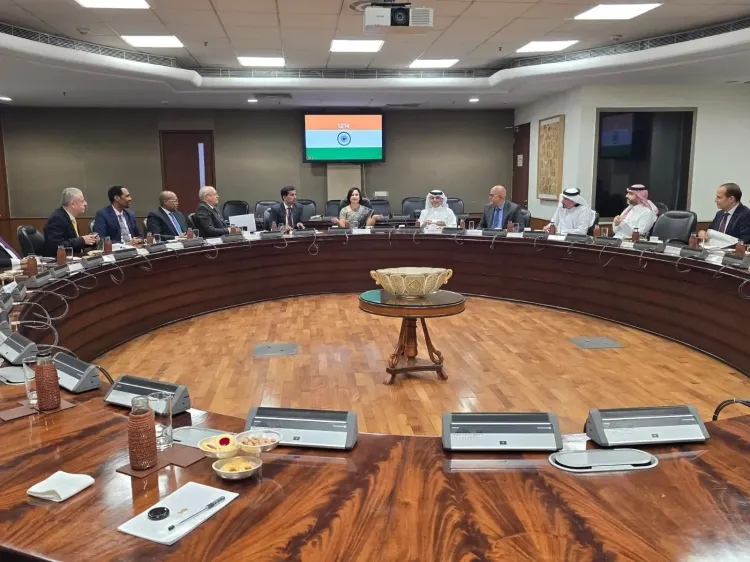
Synopsis
Key Takeaways
- Strengthening Cooperation: Efforts are underway to enhance collaboration between India and the Arab League.
- Historical Ties: India's relations with Arab nations date back to ancient trade routes.
- Economic Opportunities: The Arab League presents significant prospects for economic partnership.
- Cultural Links: Shared cultural heritage continues to strengthen ties.
- Future Potential: Both regions can benefit from cooperative economic growth.
New Delhi, Nov 3 (NationPress) Neena Malhotra, Secretary (South) at the Ministry of External Affairs (MEA), presided over a consultation meeting with Arab Ambassadors in New Delhi on Monday, focusing on initiatives to enhance collaboration between the two parties.
In a post shared on X, MEA spokesperson Randhir Jaiswal remarked, "Secretary (South) presided over a consultation meeting with Arab Ambassadors in New Delhi today. The meeting focused on initiatives to enhance collaboration between India and the League of Arab States."
India maintains strong and amicable relationships with the nations that constitute the League of Arab States (LAS), also referred to as the Arab League. These connections trace back to ancient times when traders, scholars, and diplomats frequently navigated the Arabian Sea and the land routes connecting India to West Asia and the Arabian Peninsula, exchanging knowledge and goods. A joint cultural heritage, through shared language and religion, continues to invigorate these historic ties.
The Arab League was founded in Cairo in 1945, initially comprising seven members to promote the interests of these nations. Currently, the League encompasses 22 member states from the Arab world, including nations from North Africa and the Middle East.
The member nations of the Arab League are integral to India’s extended neighborhood. India’s dedication to deepening engagement with this region, shared perspectives on key international developments, and robust economic and commercial relations form the foundation of India-Arab ties. The majority of India’s external trade transits through the Suez Canal, the Red Sea, and the Gulf of Aden.
According to the MEA, while India stands as one of the major economies and a global player with substantial potential to influence the future course of global business dynamics today, the LAS and its member states continue to play a significant role in the international economic framework, presenting numerous opportunities for economic collaboration.
In the past decade, India and the Arab nations have experienced a new phase of fruitful development and economic transformations, contributing to sustainable economic growth.


